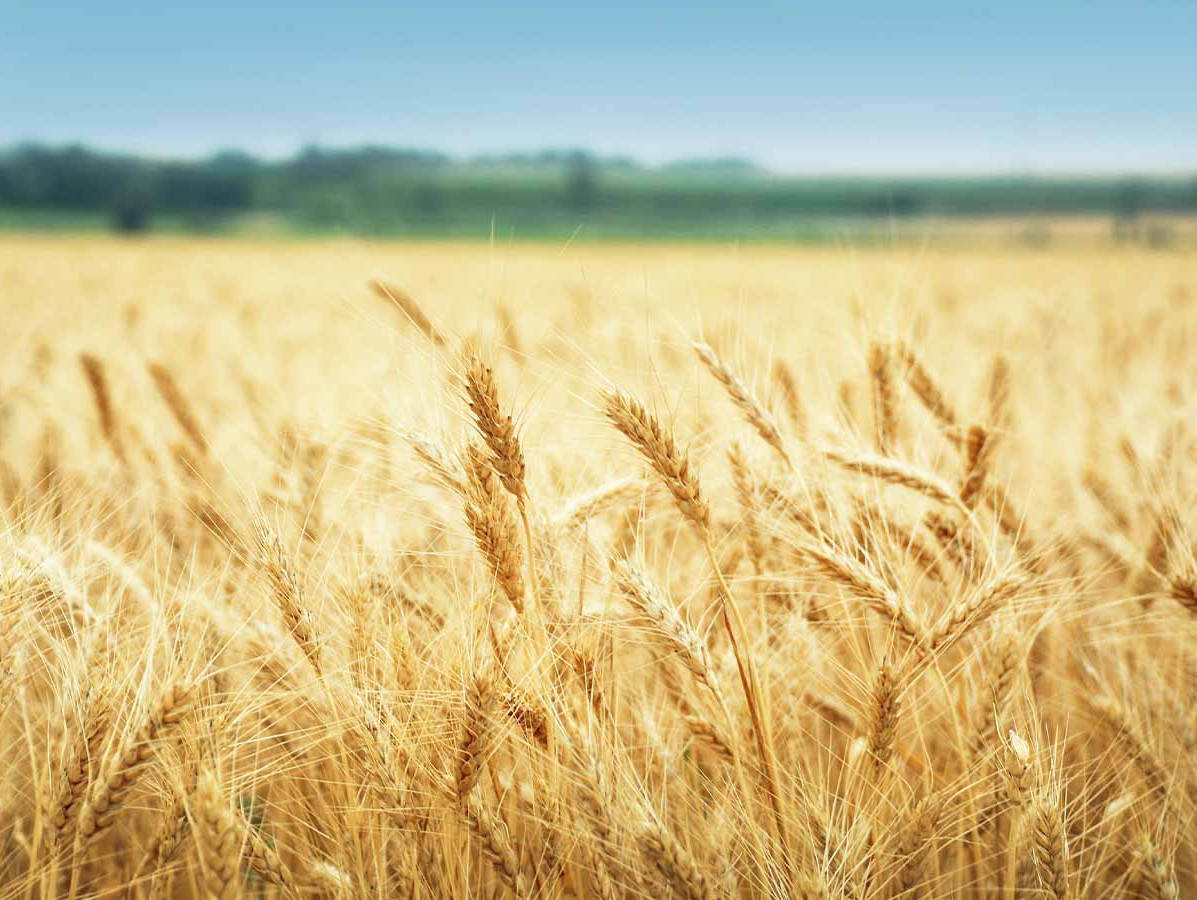
The quality of Dutch baking wheat could see significant improvement due to recent research by Wageningen University & Research. Twan America, a researcher at the institute, explains how the composition of proteins in grain can predict baking quality at harvest time.
America's team focuses on proteomics, a method that examines the protein composition in grain kernels. This research, part of the Public-Private Partnership Baktarwe, involves twenty parties from the grain, flour, and bread sectors. America asserts that the composition of protein is influenced by factors such as the type of grain, weather conditions, and soil composition. The gluten, divided into Gliadine and Glutenine, are especially critical for the dough's structure and ultimately the quality of the bread.
The research requires detailed measurements, which are time-consuming. Using an LCMS, a mass spectrometer, America's team analyses the structure of the gluten. This process takes about two hours per sample. In addition to this method, the team is also developing an infrared spectroscopic technique to visualise gluten structures. This could potentially aid in assessing the quality of baking wheat directly in the field in the future.
The improved methods for measuring protein composition could not only enhance the quality of Dutch grain but also contribute to more sustainable agriculture. By focusing less on the quantity of protein and more on its quality, the use of nitrogen fertilisation could be reduced. This would lead to less environmental pollution from nitrogen leaching. America sees this as a significant win for both farmers and the environment.
Source: WUR